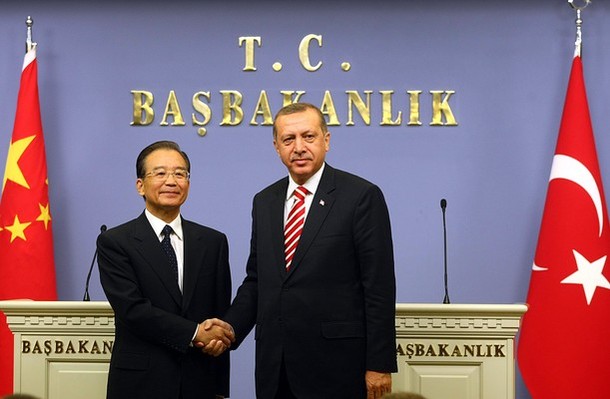
From Gökhan Bacik, Zaman: It would not be wrong to describe the huge area from Spain to eastern Turkey, including North Africa, as the “NATO zone.” NATO is the most important rule-maker in this large geographical area. This colossal and still-expanding zone transforms the traditional diplomacy and strategy of the West. The present-day NATO reminds us that, as in the early ’50s, NATO is working to consolidate its zones of influence. This rise of NATO is somehow about the failure of the EU in global politics. For instance, convinced of this failure, Turkey has upgraded its relations with the US and NATO. It is not surprising to see that, during the Arab Spring, the US and Turkey became close allies once again.
However, there is one important question here: Where is the anti-NATO zone being formed? Soon, states like China, insecure about what is happening in the Middle East, will react. This reaction will determine the new politico-tectonics of global politics.
Although everything has gone almost well between Turkey and the US during the Arab Spring, Turkey may yet surprise the US when it comes to relations with the anti-NATO zone, notably with China. True, Turkey is historically part of the Western system. But it has also been the historic “zone broker” state. Thus, Turkey has been both part of one zone, and the contact broker for it and the other zone. Turkish foreign policy jargon — full of binaries such as “dialogue between East and West,” “Islam and the West,” “Iran and the West” — should be read as the language of a zone-brokering state. Consistent with this, Turkey will seek to be the zone broker in the upcoming competition between NATO (mainly the US) and China, in order to profit from that competition. (photo: Getty)
Image: getty%2012%2010%2010%20Wen%20Jiabao%20Recep%20Erdogan.jpg
